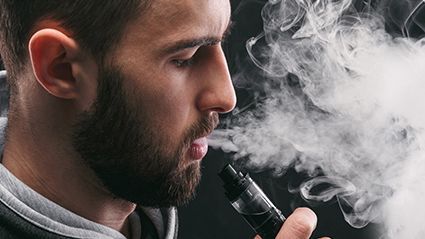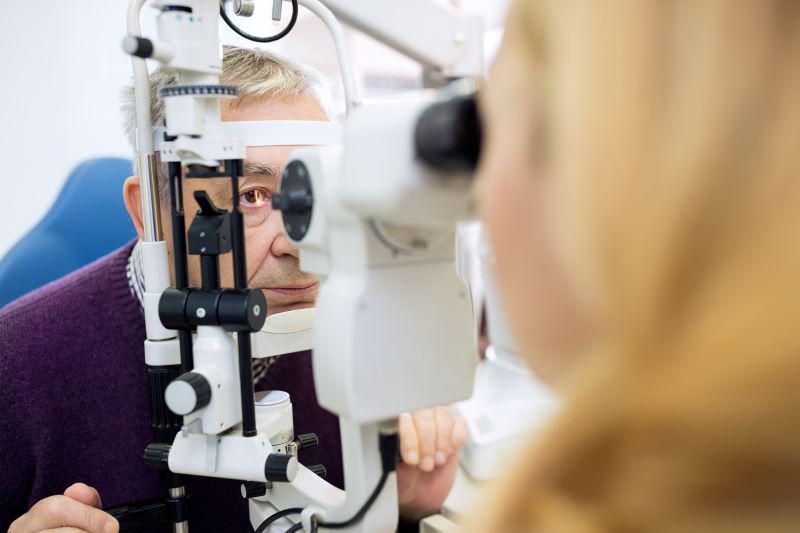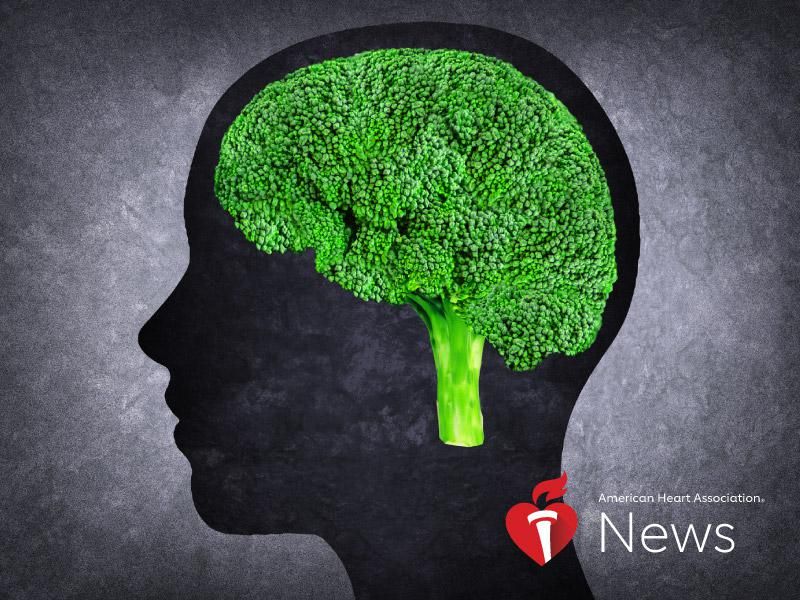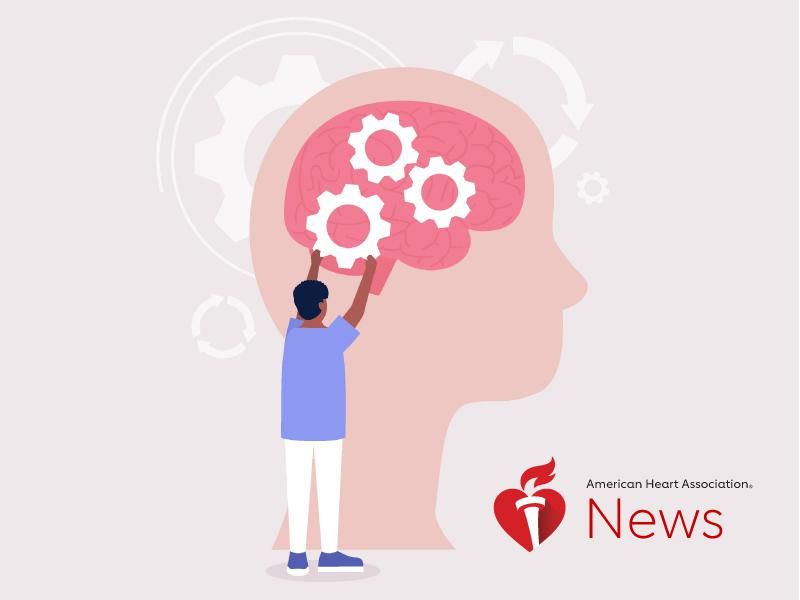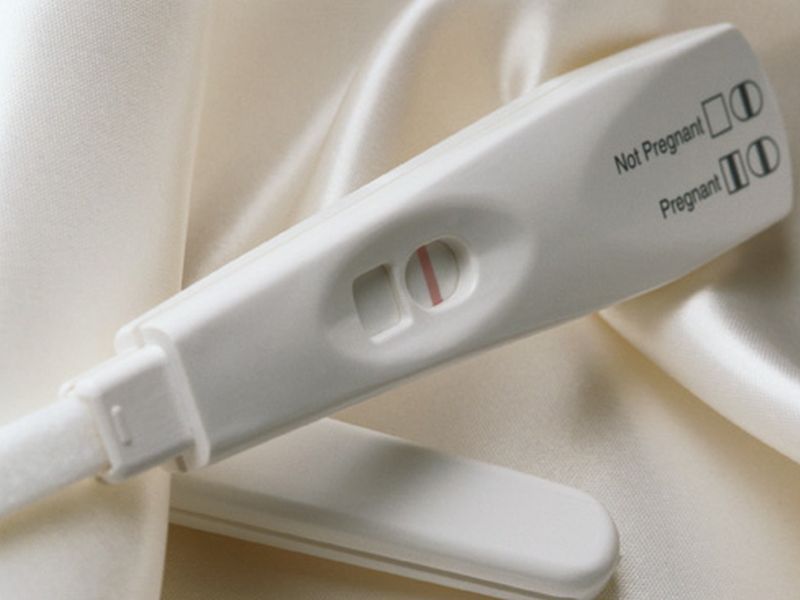
Health and fitness apps are growing in popularity, but not among the people who might benefit most from them — seniors and people with chronic health conditions. Nearly two out of three American adults are living with a chronic health problem like heart disease, diabetes or asthma, a new HealthDay/Harris Poll survey found. Health apps… read on > read on >










